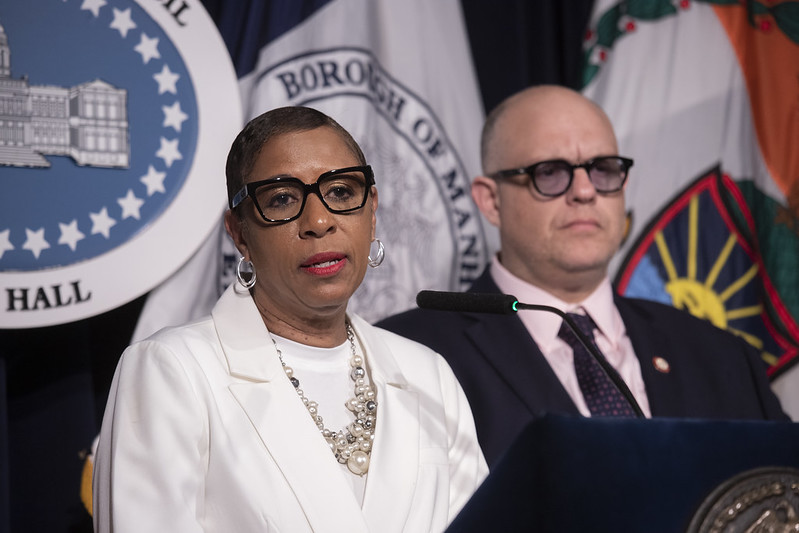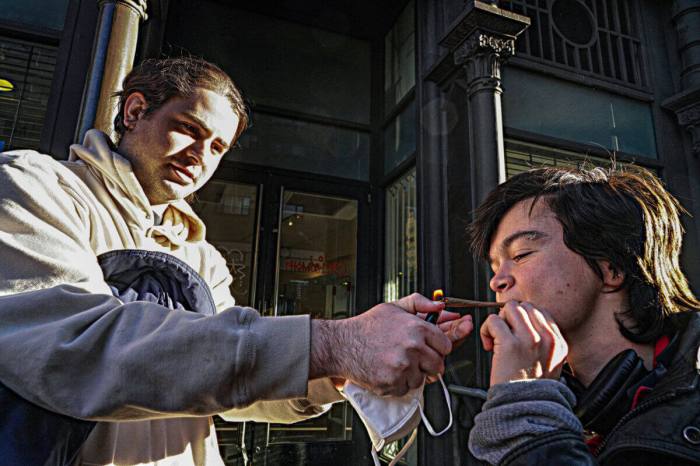By Leika Kihara and Sumio Ito
TOKYO/MIYAZAKI, Japan (Reuters) – The IMF on Wednesday urged Japan to maintain its massive monetary stimulus to boost consumer prices, a view echoed by a central bank board member, reinforcing expectations policy will remain accommodative.
International Monetary Fund Managing Director Christine Lagarde said Bank of Japan Governor Haruhiko Kuroda was doing the right thing by committing to keep the money spigot wide open until inflation hit his 2 percent target.
“One of the strengths of central bankers is to be very clear in their communication and determined in their resolve, which clearly Governor Kuroda has demonstrated,” Lagarde told Reuters on Wednesday.
The BOJ has faced mounting criticism that its huge asset purchases are distorting markets and pushing Tokyo stock prices – which hit a near 26-year high this week – beyond levels justified by economic fundamentals.
But with inflation distant from its target, the BOJ has said it is nowhere near dialing back the stimulus, even as its U.S. and European counterparts eye an exit from crisis-mode policies.
BOJ board member Yukitoshi Funo on Wednesday also defended the asset buys, saying he saw no need now to slow its purchases of exchange-traded funds (ETF) from the current pace of 6 trillion yen ($53 billion) per year.
“Stock prices aren’t overheating,” Funo told a briefing in Miyazaki, southern Japan, adding that it was “very favorable” that stock prices had risen so much.
ROOM FOR TWEAKS
Market players see a good chance Kuroda could be reappointed after his current five-year term ends in April, though he has been under growing calls for more transparency on how the BOJ could dial back stimulus.
A contender for the job who is a close aide to Prime Minister Shinzo Abe said the central bank needed a new leader to rebuild the regime.
“How do you evaluate the fact the core-core inflation rose a meager 0.1 percent after (nearly) five years (under Kuroda) and how do you evaluate the governor who has done only so much?” Etsuro Honda, Japan’s ambassador to Switzerland, told Reuters.
While Funo, a former auto executive, ruled out the chance of an immediate withdrawal of stimulus, he said the BOJ should be vigilant to the threats prolonged monetary easing posed.
“We’re not assuming we won’t make any changes to all of our various policy tools until 2 percent inflation is achieved,” he said, leaving open the chance of tweaking some parts of the framework before others.
The comment reflects a growing view within the BOJ that its next move should be to roll back, not ramp up, its stimulus given the rising cost and diminishing returns of the program, although there are varying opinions on how and when policy should be tweaked.
Lagarde said the diverging policy paths of major central banks had not led to massive and disruptive capital outflows in Asia, thanks to the cautious approach and clear communication by central bankers on their policy shifts.
“We believe these conditions can help to ensure that monetary policy changes do not provoke unnecessary capital flow movements,” she said.
Under a policy framework adopted last year, the BOJ guides short-term interest rates at minus 0.1 percent and the 10-year government bond yield around zero percent. It also buys government bonds and riskier assets, including ETFs.
($1 = 113.8100 yen)
(Reporting by Leika Kihara in Tokyo and Sumio Ito in Miyazaki; Additional reporting by Stanley White, Chris Gallagher, Tetsushi Kajimoto and Takashi Umekawa; Editing by Sam Holmes and John Stonestreet)


















